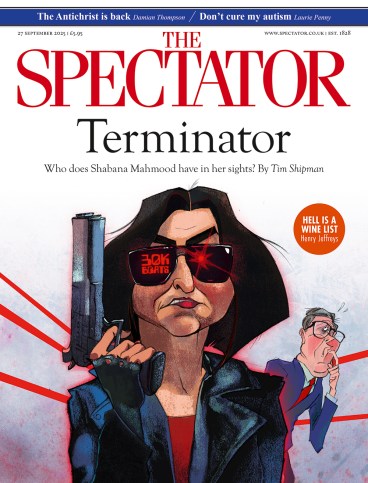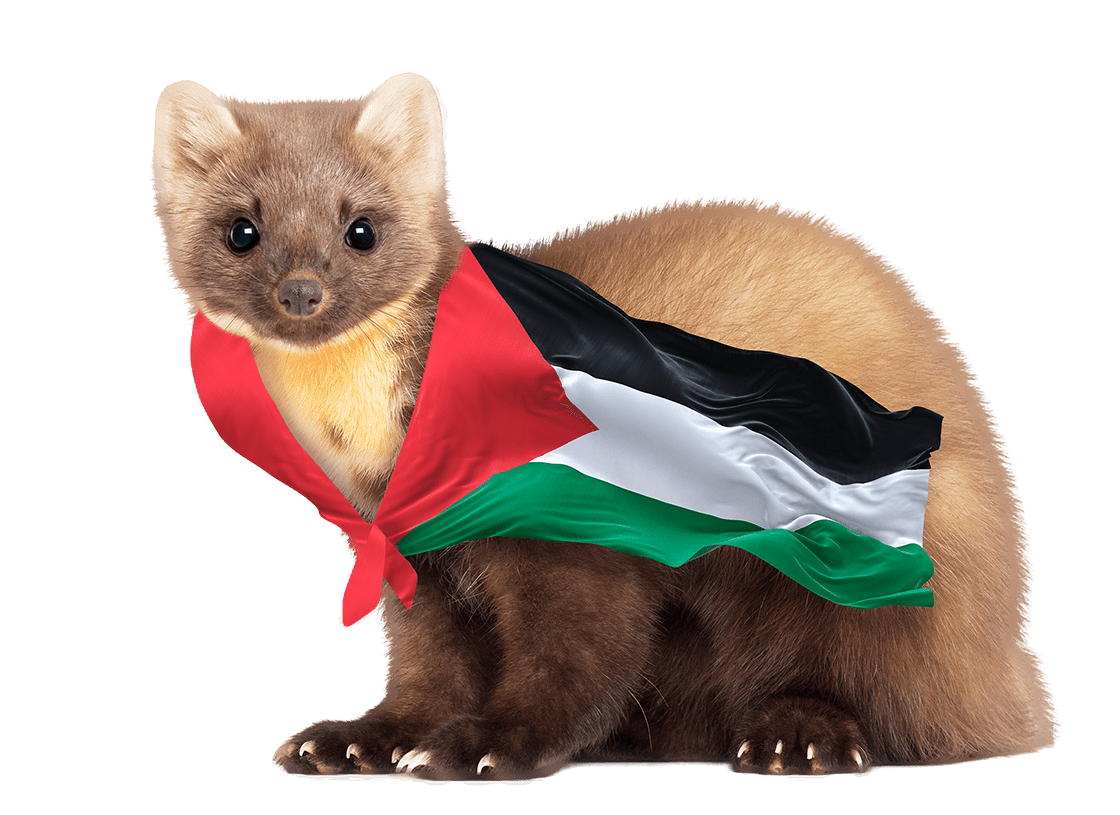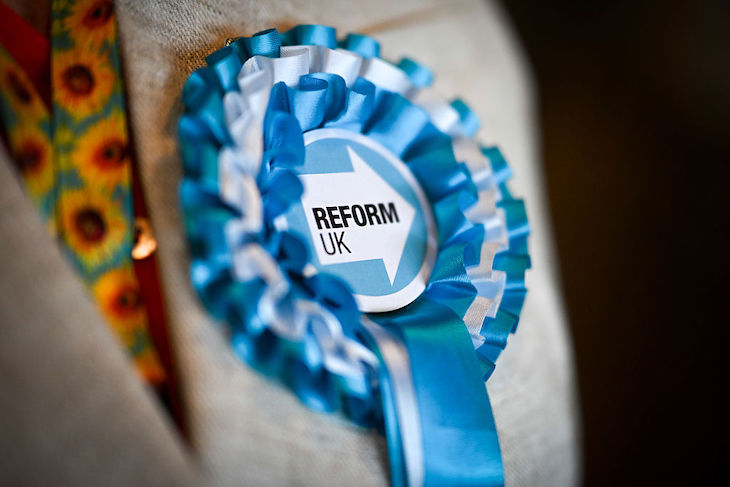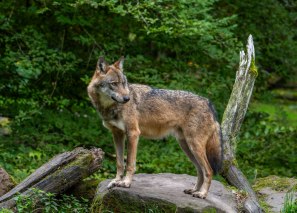
How can the nature sector respond to the genocide in Gaza? These are not my words. They appear in the subject box of an email which has been sent to members of the Wildlife and Countryside Link (WCL), though not, I think, by the WCL itself. It invites recipients to an ‘open forum for discussion and support’ on Zoom on 30 September. It seems that the Mammal Society, which supports pine martens, dormice etc, is involved. A sane answer to the subject box question would be a) that there is no genocide in Gaza and b) that the ‘nature sector’ has other duties. But the email tries to answer its own question: ‘At first glance the actions of Israel… are issues far outside the purview of any conservation or climate-focused organisation. However… nature does not exist in a “bubble” that can be separated from other aspects of society or human experience. Nature is the context for everything, and the actions required to bend the curve on biodiversity loss and climate change touch on everything from human rights to supply chains and geopolitics.’ Besides, it worries about the mental health of nature lovers: ‘We… should not feel that a social issue that is of importance to employees, members and supporters is something to which we cannot respond. When something so horrific is under way… it feels inappropriate to ignore the fact… just because it feels like a potential “hot potato”!’ But then there’s the law: since charities ‘are restricted by legal obligations to act only in accordance with the moments [sic] of their constitution, funding conditions, and in many cases the views and priorities of members’, you can attend the Zoom meeting in a ‘closed-room conversation’ to avoid being reported. ‘If nothing else, we hope that we can…maintain a community in which feelings of helplessness, anxiety and grief can be expressed and explored without stigma.’ Would not the Mammal Society’s dislike of genocide be more relevantly expressed by trying to save red squirrels from the invading greys?
Further research quickly dispels any fleeting thought that such a meeting must be a freak one-off. The email to WCL people itself informs us about ‘Naturalists for Palestine’, which wants to offer Gaza solidarity throughout the charitable sector. Or look up Mya-Rose Craig, aka Birdgirl, collaborator with the RSPB and the National Trust. Her X feed is daily Gaza. There is tons of such stuff. But if you think that nature organisations should concentrate on nature not Gaza, you might reflect that they are only slightly sillier than Sir Keir Starmer imagining that his recognition of the statehood of a non-existing entity will benefit the cause of peace in the Middle East.
Field Marshal Lord Guthrie, who died last week, had a gift that has almost disappeared from leadership – delegation. He understood that the mark of trust in subordinates is to pick the right people and let them get on with it. His version of the ‘mask of command’ was (except for the rare moments when he was fierce) relaxed and easy. He made light of difficulty and – which soldiers loved – always saw the funny side. This quality survived into old age. One day, I met him by chance in a club. ‘I’m writing my memoirs,’ he said, ‘The trouble is, I can’t remember anything.’ With the patient help of his amanuensis Paul de Zulueta, this seemingly major difficulty was somehow overcome (I think it involved prompting his memory by showing him photographs). Charles possessed physical courage, displayed sporting prowess, and knew how to charm politicians. In one surprising respect, he was less confident. His military rank gave him the right to ride in Trooping the Colour. In those days, I sometimes joined – a wonderful privilege – the Household Cavalry exercising their horses in Hyde Park. One day, Charles Guthrie turned up to get into practice. I am scarcely one to talk, but I did notice that Charles did not look secure in the saddle. Taking part in the great parade in 2018, he fell from his horse and was injured by his cuirass. This was a typically stylish sort of accident.
Oleg Gordievsky was probably Britain’s most important double-agent in the Cold War, giving us important information about the thinking of the Soviet leadership in the early Gorbachev era, and about traitors and ‘agents of influence’, Michael Foot being one of the latter. I admired him and was grateful for the help he gave me about his dealings with Mrs Thatcher (who, ever conscious of security, still called him ‘Mr Collins’ when she met him in Chequers after he had been successfully exfiltrated from Moscow). Oleg died earlier this year and I hoped to attend any memorial service. Last week, however, I discovered that the service had recently taken place at an unknown location. Those present were forbidden to discuss it, take photos or write about it and were not told who else was coming. I confess to a momentary twinge of disappointment that I was not asked, but then I reflected that this was as it should be for a man who had to live in the shadows. If his commemoration had been public or even known, the same type of Russian operatives whom Oleg rejected and who, under Vladimir Putin, flourish as much as ever, would have been watching. Quite right of our operatives to stay in those shadows.
The Clifden Nonpareil moth is big and beautiful and rare, though my wife – a moth-maniac – characterises its colouration as looking like an Old Etonian tie. It was so prized by Victorian collectors (in the days when specimens were pinned in drawers) that it became almost extinct in Britain. In recent years, however, it has recovered well and has breeding colonies near our Sussex garden. How exciting, then, to hear of what may be its most northerly sighting. This month, it was found in a grouse-butt in Co. Durham, more than 2,000ft above sea level and in pouring rain. I have seen the photograph to prove it.










Comments